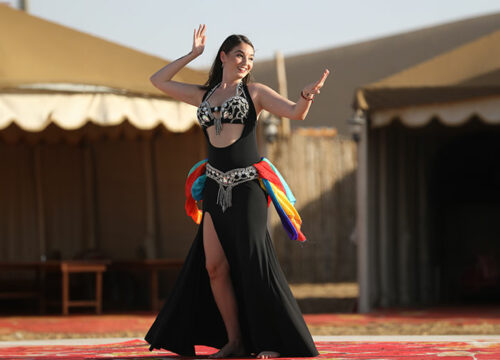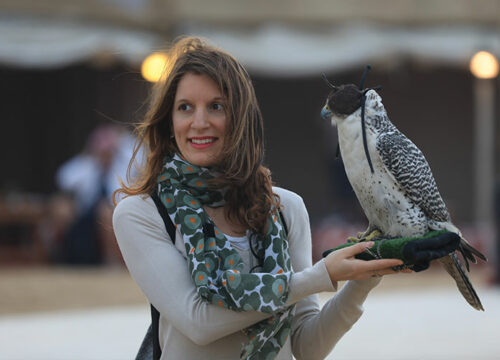A visit to a camel farm in Dubai offers a unique and authentic glimpse into the traditional Bedouin culture and the significance of camels in the region’s history. This experience allows visitors to connect with these iconic animals, often referred to as the “ships of the desert,” and learn about their role in the daily lives of the people in the Arabian Peninsula.
What to Expect on a Camel Farm Visit:
- Introduction to Camel Life:
- Camel Breeding and Rearing: Visitors can learn about the different breeds of camels, their breeding practices, and how they are raised in the desert environment. The farm staff often provides insights into the lifecycle of camels, from birth to adulthood.
- Camel Behavior and Care: Guests can observe how camels are cared for, including their feeding routines, grooming practices, and the various methods used to keep them healthy in the harsh desert climate.
- Interactive Experiences:
- Camel Feeding: Visitors often have the opportunity to feed the camels, which is a popular and engaging activity, especially for families and children. Feeding sessions allow for close interaction with these gentle creatures.
- Camel Rides: Many camel farms offer short camel rides, giving visitors a chance to experience what it’s like to ride these animals across the desert, similar to how Bedouins have traveled for centuries.
- Photo Opportunities: The farm setting provides plenty of chances to take memorable photos with camels, whether feeding them, riding, or just standing beside these majestic animals.
- Cultural Insights:
- Understanding Camel Racing: On some camel farms, visitors can learn about camel racing, a traditional and highly regarded sport in the UAE. The farm may showcase racing camels and explain the training and care that goes into preparing them for races.
- History and Significance: The visit often includes a discussion on the historical significance of camels in Bedouin culture, including their use for transportation, milk, and even as a symbol of wealth and status.
- Traditional Experiences:
- Bedouin Hospitality: Some camel farm visits are complemented by traditional Bedouin hospitality, where visitors can enjoy Arabic coffee, dates, and other local treats in a majlis (seating area) setting.
- Cultural Demonstrations: In some cases, the farm visit may include demonstrations of traditional Bedouin practices, such as weaving, falconry, or even camel milking, offering a deeper understanding of the desert way of life.
- Educational and Family-Friendly:
- Educational Experience: For those interested in learning more about the ecology and biology of camels, some farms offer educational talks or guided tours that delve into the adaptations of camels to desert life and their unique physiology.
- Family-Friendly Atmosphere: Camel farms are generally family-friendly, providing a safe and educational environment for children to learn about animals and local culture.
- Desert Surroundings:
- Scenic Desert Setting: Most camel farms are set in the picturesque desert surroundings of Dubai, allowing visitors to enjoy the serene beauty of the sand dunes while interacting with the camels.
- Combined Activities: A camel farm visit is often part of a larger desert experience, such as a desert safari, where guests can enjoy additional activities like dune bashing, sandboarding, and an evening of entertainment at a desert camp.



